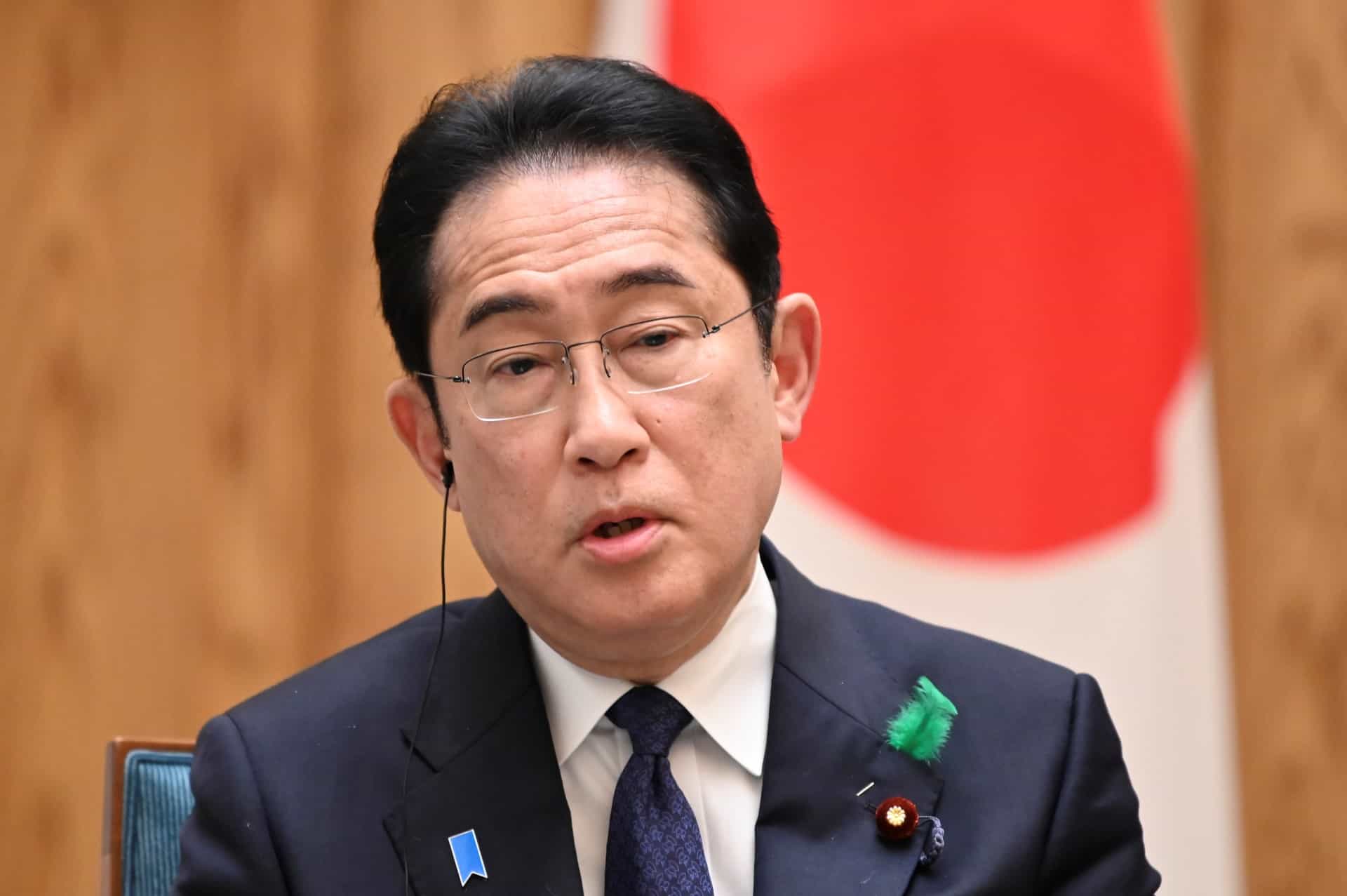Tokyo, UAE — Japan’s prime minister ordered his government on Thursday to begin work on increasing the number of women executives in major companies to 30 percent or more by 2030.
Women represented only 11.4 percent of executives in major listed companies in Japan in 2022, according to a cabinet office survey, although the figure has been rising in recent years.
“We seek to have the ratio of women among executives at 30 percent or more by 2030 in companies that are listed on the Tokyo Stock Exchange’s Prime Market,” Fumio Kishida told officials at a meeting on gender equality.
The Prime Market is the stock exchange’s leading sector.
Kishida said ensuring diversity would boost innovation as well as the economy.
The meeting also discussed how to offer more permanent jobs to women, many of whom are part-time workers as they try to balance childcare and employment.
Japan is struggling to improve gender gaps in leadership positions, notably in politics and in the upper echelons of business, as well as the wage gap between men and women workers.
Japanese women have access to high standards of education and are well-represented in the workforce, but the country ranks consistently low in the World Economic Forum’s Global Gender Gap report.
Japan was placed 116th out of 146 ranked in 2022.
Gender gaps in corporate leadership are a global phenomenon, with research showing only a handful of countries have companies where women make up more than a quarter of senior management.








